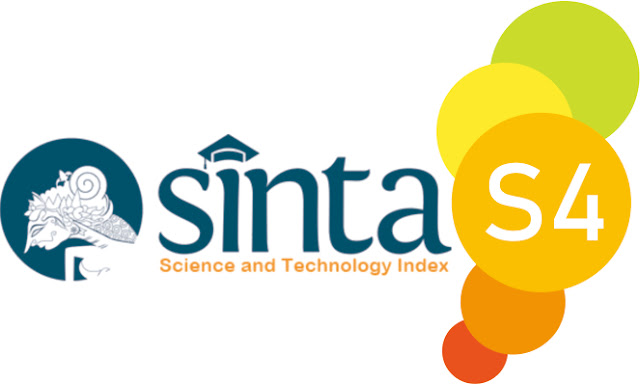Literature Study on the Identification of Coliform Bacteria in Tofu Water Sold in Indonesia
DOI:
https://doi.org/10.53861/lontarariset.v4i1.369Keywords:
Coliform, MPN Coliform, SoymilkAbstract
Tofu water is filtered water obtained in the process of making tofu. Filtered water contains nutrients such as carbohydrates, fats, minerals, calories, phosphorus, and several other contents, such as B-complex vitamins. Besides having a high protein content, tofu water is very easily contaminated by bacteria, especially coliform bacteria. Coliform bacteria in beverages are enteropathogenic and toxigenic microorganisms that are harmful to health, so it is dangerous for those who consume tofu water or soy milk. The purpose of this study was to identify coliform bacteria in tofu water in Indonesia. Specifically, to determine the results of eight studies on the number of coliform bacteria in tofu water in Indonesia with the MPN (most probable number) method. The type of research used in this research is a literature study that summarizes some literature relevant to the research topic. According to the results of the literature study in eight journals using the MPN Coliform examination, out of a total of 48 samples that tested positive, 25 samples were found to contain Coliform bacteria. This is due to inadequate sanitary conditions, processing, as well as the raw material, namely the water used to make tofu water or soymilk water, which is suspected of being contaminated with coliform bacteria. Conclusions and suggestions in this study are for consumers to be more careful in choosing and consuming tofu water or soymilk water that is sold so that health can be properly maintained.
Downloads
Downloads
Published
How to Cite
Issue
Section
License
Lontara Journal Of Health Science And Technology is licensed under Creative Commons.
The journal allows the author to hold the copyright of the article without restrictions.
The journal allows the author(s) to retain publishing rights without restrictions.
The legal formal aspect of journal publication accessibility refers to Creative Commons Attribution 4.0 International (CC BY 4.0).
The Creative Commons Attribution 4.0 International (CC BY 4.0) license allows re-distribution and re-use of a licensed work on the conditions that the creator is appropriately credited and that any derivative work is made available under “the same, similar or a compatible license”. Other than the conditions mentioned above, the editorial board is not responsible for copyright violations.











